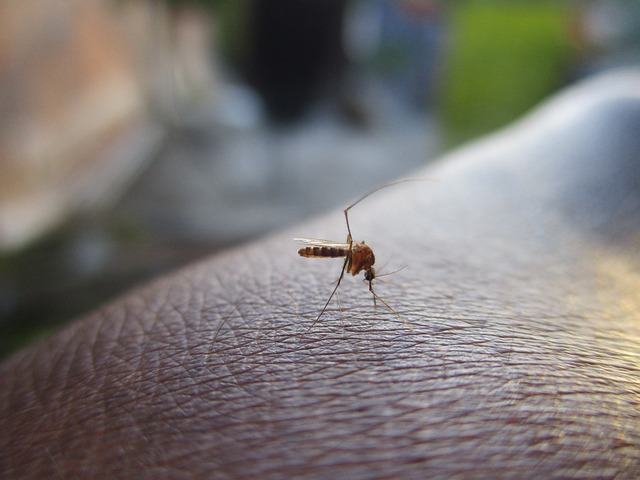Malaria and dengue are both mosquito-borne diseases, but they are caused by different pathogens and have distinct characteristics. Here are some key differences between the two.
- Causative Agents:
- Malaria: Malaria is caused by Plasmodium parasites, with Plasmodium falciparum and Plasmodium vivax being the most common species responsible for the disease in humans.
- Dengue: Dengue is caused by the dengue virus, which belongs to the Flaviviridae family. There are four distinct serotypes of the dengue virus (DENV-1, DENV-2, DENV-3, and DENV-4), all of which can cause the disease.
- Symptoms:
- Malaria: Symptoms of malaria typically include high fever, chills, sweats, headache, muscle aches, and fatigue. In severe cases, it can lead to organ failure and death.
- Dengue: Symptoms of dengue include sudden high fever, severe headache, pain behind the eyes, joint and muscle pain, rash, and bleeding manifestations in severe cases. Dengue can also be fatal, particularly in cases of dengue hemorrhagic fever or dengue shock syndrome.
- Transmission:
- Malaria: Malaria is primarily transmitted through the bite of infected female Anopheles mosquitoes. The parasites are injected into the bloodstream when an infected mosquito bites a person.
- Dengue: Dengue is transmitted through the bite of infected Aedes mosquitoes, primarily Aedes aegypti. Unlike malaria, dengue is not spread from person to person directly. A mosquito becomes infected by feeding on a person with dengue virus in their bloodstream and can then transmit the virus to others.
- Geographic Distribution:
- Malaria: Malaria is widespread in many tropical and subtropical regions, particularly in Africa, Southeast Asia, South America, and parts of Oceania.
- Dengue: Dengue is found in many parts of the world, including Africa, Asia, the Pacific, and the Americas. It is more common in urban and semi-urban areas with Aedes mosquito populations.
- Prevention:
- Malaria: Preventive measures for malaria include the use of bed nets, insect repellents, antimalarial medications, and mosquito control efforts.
- Dengue: Dengue prevention focuses on eliminating breeding sites for Aedes mosquitoes, using mosquito repellents, and avoiding exposure to mosquito bites, particularly during peak mosquito activity times.
- Vaccination:
- Malaria: There is a malaria vaccine called "RTS,S" (trade name Mosquirix) that has been developed, but its effectiveness is limited, and it is not widely used.
- Dengue: There are vaccines available for dengue in some countries, although they are not universally distributed. The effectiveness of dengue vaccines can vary by serotype and prior exposure to the virus.
It's essential to be aware of these differences and take appropriate precautions when traveling to or living in areas where these diseases are prevalent. Both diseases can be severe and, in some cases, life-threatening, so early diagnosis and medical treatment are crucial.
Top Stories, Trending, Viral, Jobs, Information & Entertainment Telegram Channel Click to Join Infimor
